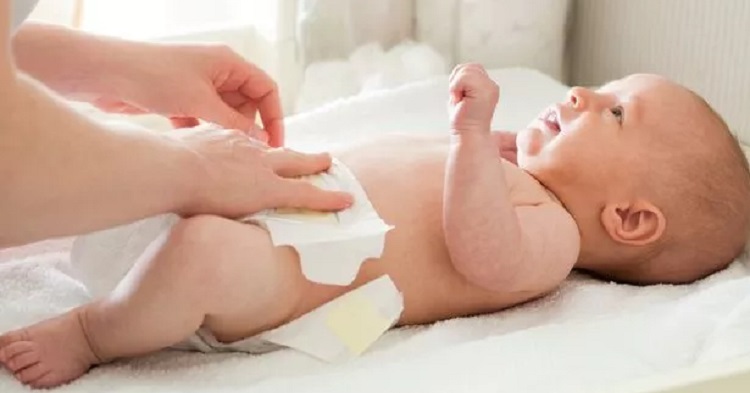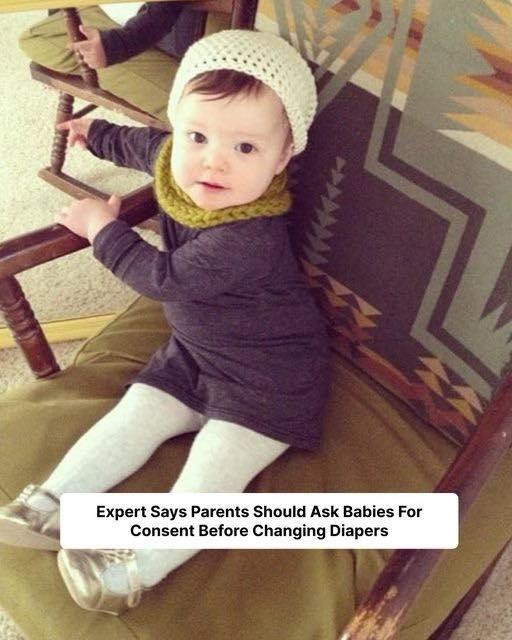In the world of parenting, where dirty diapers are as common as cuddles, a new concept is shaking things up: seeking permission from babies before changing their nappies. It’s a notion that has sparked both curiosity and controversy, leaving many scratching their heads in disbelief.
During a notable appearance on ABC, Carson shared her insights on instilling this concept in early childhood. She emphasizes the importance of non-verbal cues, particularly eye contact, in conveying the message that a child’s input matters. While it’s true that newborns can’t verbally respond, Carson suggests that a moment of anticipation, coupled with non-verbal communication, can lay the foundation for a respectful relationship between parent and child.

Enter Deanne Carson, a self-proclaimed authority on sexuality education. In her bold claim, she suggests that parents should initiate a dialogue of consent from the very beginning of their child’s life. While it might sound unconventional, Carson argues that even infants can benefit from a culture of consent.
‘Sexuality expert’ says parents should ask for baby’s consent when changing nappies.
But as with any controversial idea, there are skeptics. Many online voices question the practicality of seeking consent from a baby who can’t comprehend the situation. Some even jest about the absurdity of expecting a verbal response from a newborn.
In the midst of this debate, another parenting guru, John Rosemond, throws his hat into the ring, arguing against the seemingly innocuous act of high-fiving children. According to Rosemond, such gestures undermine parental authority and respect, setting the stage for a lack of discipline in the future.
And what happens when baby says no? Do it anyway? Whoa now there is the real problem
— Glenda (@TweetsbyGlenda) May 10, 2018
Either she has never wrestled a toddler during a change or worse, she just left hers in a shitty nappy until it was ready to consent. OMFG.
In a world where every parenting decision seems to carry weight, these discussions shed light on the complexities of raising children. From consent in diaper changes to the appropriateness of high-fives, every action and interaction plays a role in shaping the parent-child dynamic.
So, what’s the verdict? Are we overthinking parenting, or are these conversations vital for nurturing respectful relationships? As the debate rages on, one thing remains clear: parenting is anything but simple. It’s a journey filled with surprises, challenges, and yes, even dirty diapers. But through it all, one thing is certain – the quest for understanding and improvement never ends.
